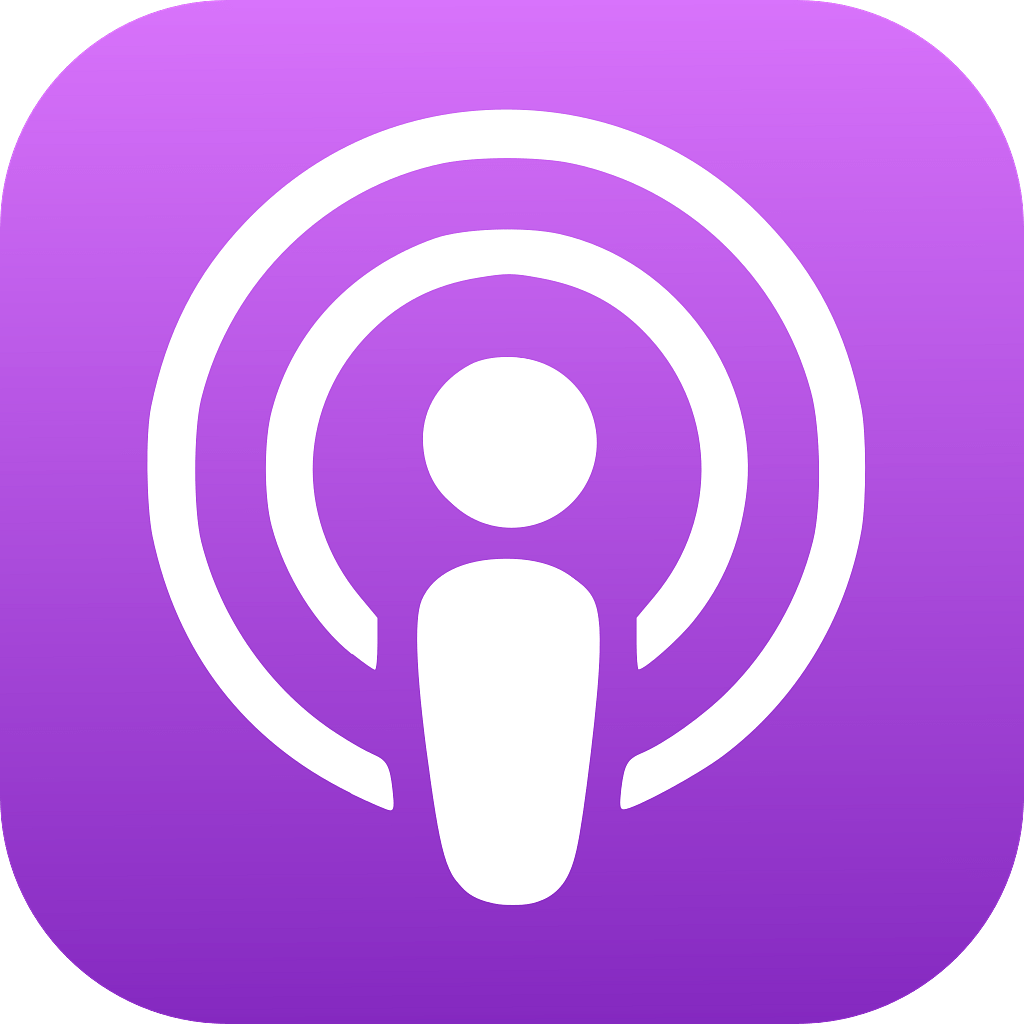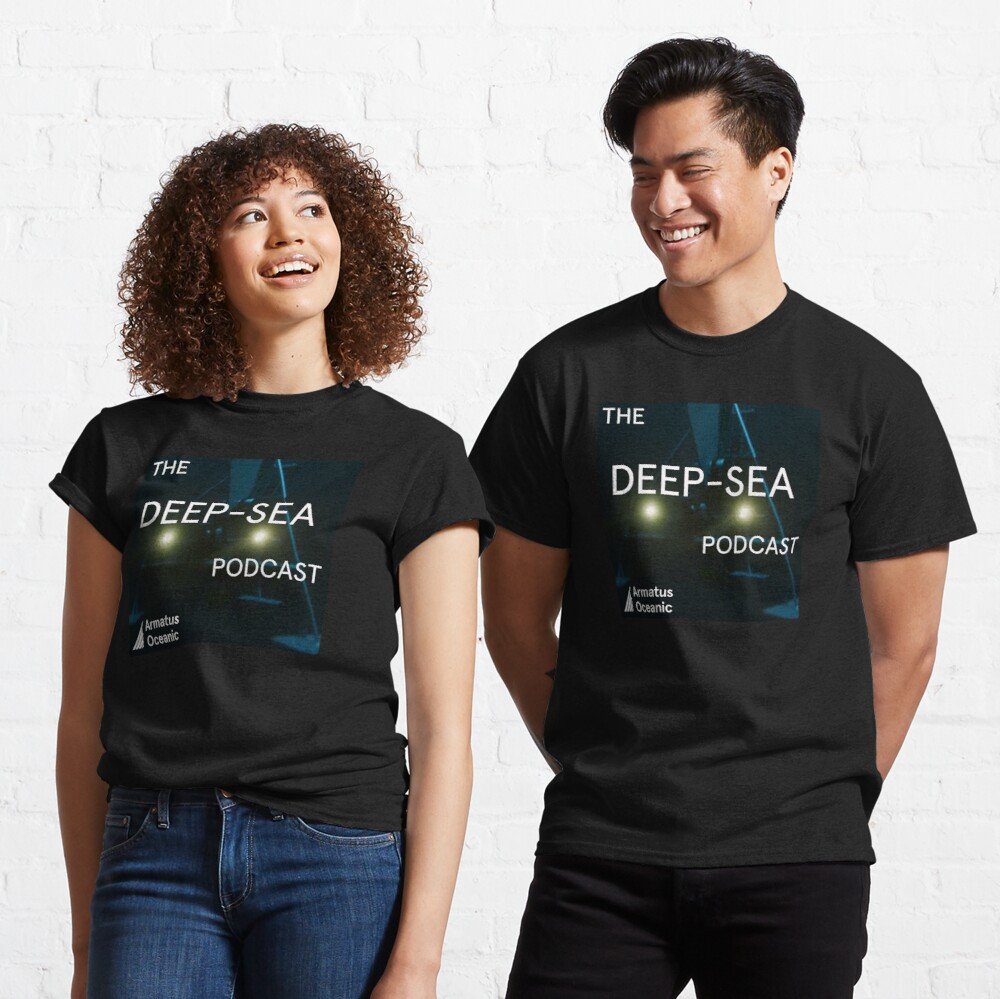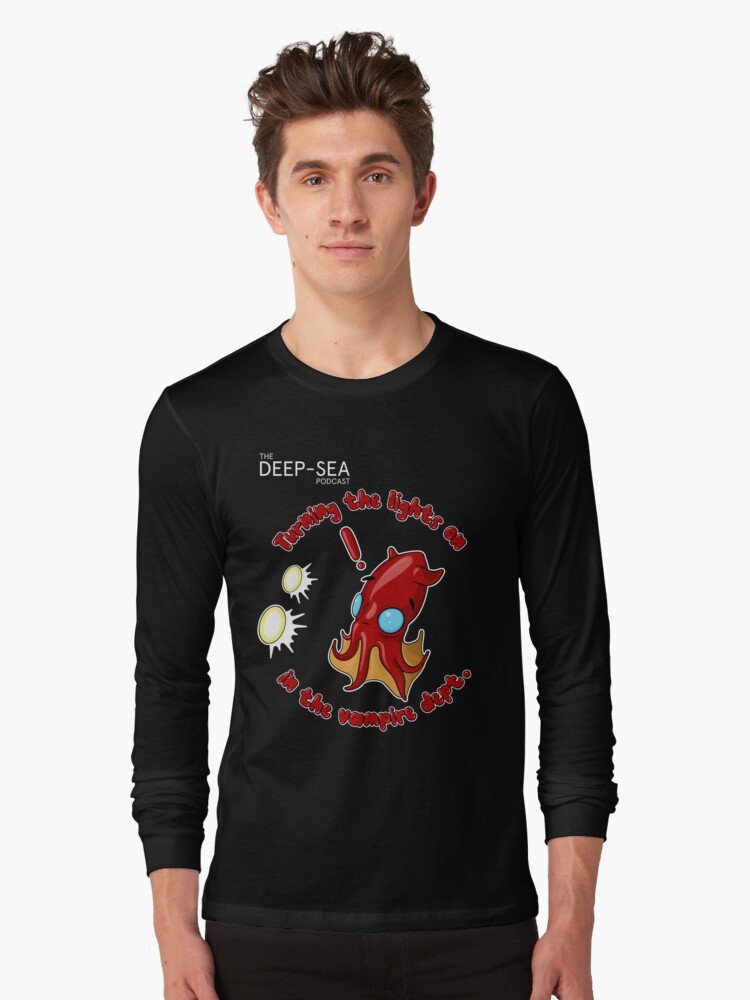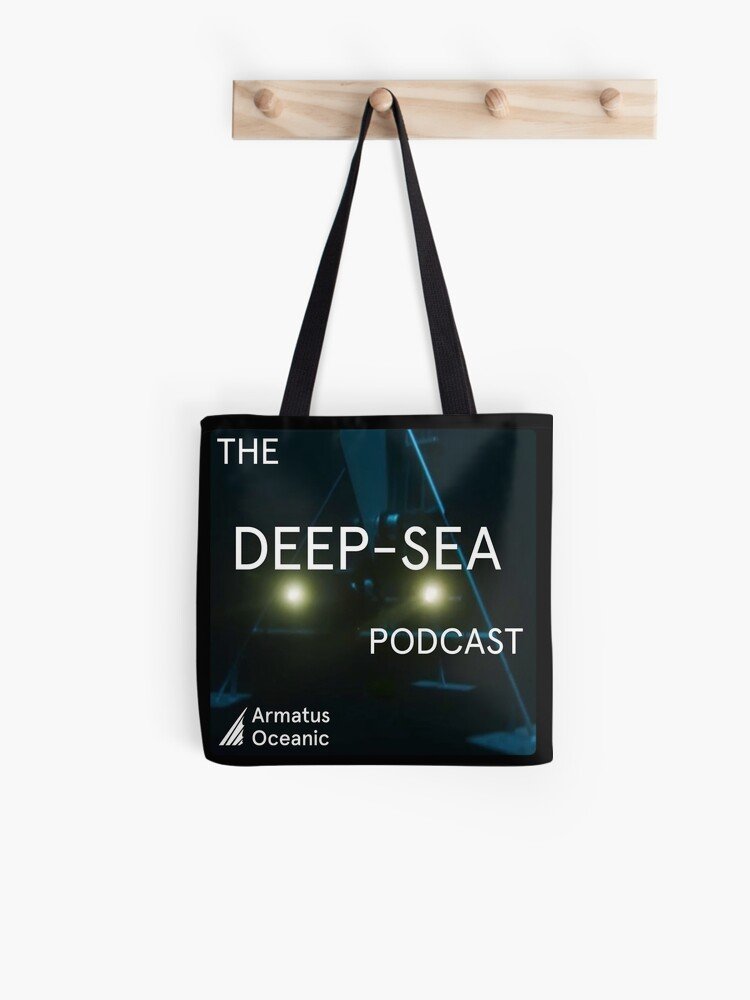LISTEN ON YOUR FAVOURITE PODCAST PLATFORM
OR LISTEN RIGHT HERE:
LISTEN TO THE FULL EPISODE
LISTEN TO THE shorter version
We have often talked about how difficult it is the get data from the deep sea… but would you believe that the bottleneck to our understanding of the deep ocean, at least as far as visual data, is processing those images? Turning a picture of the deep sea into a list of species, habitat type, sediment type etc. is a time-consuming process that requires a wide range of skilled people.
Due to time/funding constrains a lot of valuable information is lost. A team looking at a specific question will have lots of information in their data that other teams could use.
A picture is worth a thousand data points
We chat with Kakani Katija, the co-founder of FathomNet, an open-source repository for labelled deep-sea imaging data. The platform is still in beta but it is hoped that it will allow scientists to easily and usefully share their amassed data in a single and easily searchable place.
But what about that processing bottleneck? The tech-savvy listener may have noticed that a massive collection of labelled image data is exactly the sort of thing you need to train a Machine Learning or Deep Learning algorithm. Can we automate a lot of the time-consuming image processing and let the experts focus on the new and unusual stuff? It’s at this cutting edge that things get exciting and we may be at the cusp of a marine science renaissance.
We have all our usual nonsense. Alan continues to find things in Australia that want to kill him. We answer some listener questions on deep-sea fish memory and Thom and Alan’s origin story. We also hear from Don about his time on the cruise ships. A decidedly un-deep-sea segment but it could be considered ‘adventure’ on the high seas.
We also launch our podcast merch! Please do send in any pics of you wearing the merch. We find the idea of real people in the actual world wearing this so surreal!
Feel free to get in touch with us with questions or you own tales from the high seas on:
podcast@armatusoceanic.com
FOLLOW US ON SOCIAL MEDIA!
Twitter: @DeepSeaPod, @ArmatusO
Facebook:DeepSeaPodcast, ArmatusOceanic
Instagram: @deepsea_podcast, @armatusoceanic
Keep up with the team on social media
Twitter: Alan - @Hadalbloke, Thom - @ThomLinley, Georgia - @geeinthesea
Instagram: Thom - @thom.linley, Georgia - @geeinthesea
Read the show notes and find out more about us at:
www.armatusoceanic.com
Links
Abyssal EDNA article and Paper
Our Angola fish paper and the Open access version
Kakani’s Twitter
FathomNet goodies
The FathomNet website – have an explore of the labelled deep-sea critter data
FathomNet GitHub – take a peek under the hood or even get involved
FathomNet articles with tutorials/explanations
NOAA Science Seminar, 8 March 2022 1200-1300 PST (UTC-8) - Register now!
FathomNet Workshop, 31 March & 1 April 2022 0800-1100 PST (UTC-8) - Register now!
Internet of Elephants (gamifying processing camera-trap data)
Beyond Blue (game)
Glossary
Artificial Intelligence (AI) – A science dedicated to making machines think in an intelligent way, mirroring a biological brain.
Data pipeline – A path that raw data follows to become useful information.
Deep Learning – a more complex subset of ML that mirrors the way a brain works
Machine Learning (ML) – computers learning to perform a task without being explicitly programmed to do so
ML/AI model or algorithm – A model that has been trained on real data and can now process new data itself.
Online Repository – A database stored online so that people can access it from anywhere
Open Source – A publicly accessible design that people can freely repurpose and adapt.
Visual data – photos or video as a form of scientific data
Credits
Theme – Hadal Zone Express by Märvel
Logo images:
MBARI
